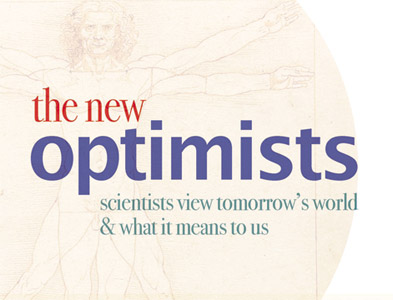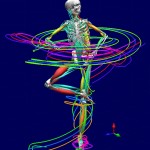 Throughout our recent history, humans have sought both consciously and subconsciously, to identify how we differ from the rest of the animal kingdom.
Throughout our recent history, humans have sought both consciously and subconsciously, to identify how we differ from the rest of the animal kingdom.
Research is finally breaking down these self-created barriers, embedding humankind and our evolution soundly into the animal kingdom, says Dr Susannah Thorpe, an expert on the locomotor ecology of the great apes, including humans.
 Dr Thorpe is a lecturer in Animal Behaviour at the University of Birmingham. Her research has focused on the locomotion and ecology of the great apes and in particular, the evolution of human bipedalism.(See also her work reported on the Discovery Channel, as well as the BBC.)
Dr Thorpe is a lecturer in Animal Behaviour at the University of Birmingham. Her research has focused on the locomotion and ecology of the great apes and in particular, the evolution of human bipedalism.(See also her work reported on the Discovery Channel, as well as the BBC.)
Her work has recently been published in Science and Proceedings of the National Academy of Science and she has presented at conferences worldwide.









